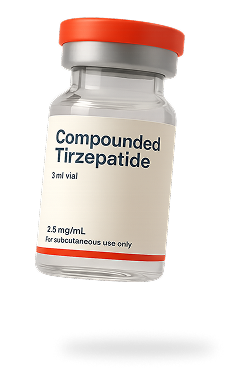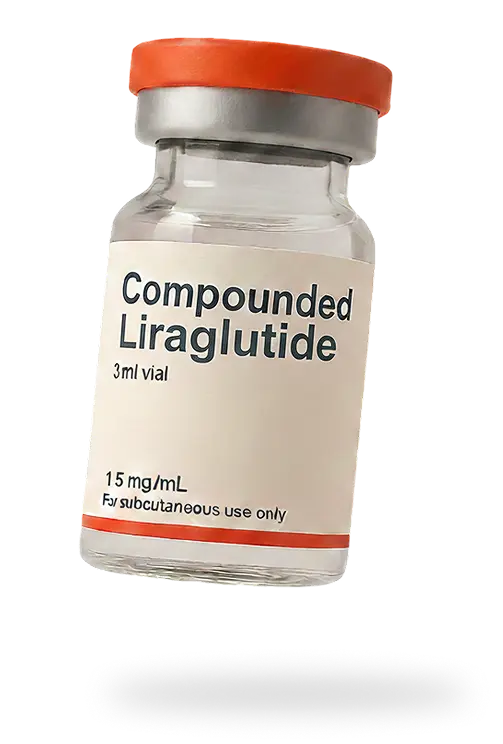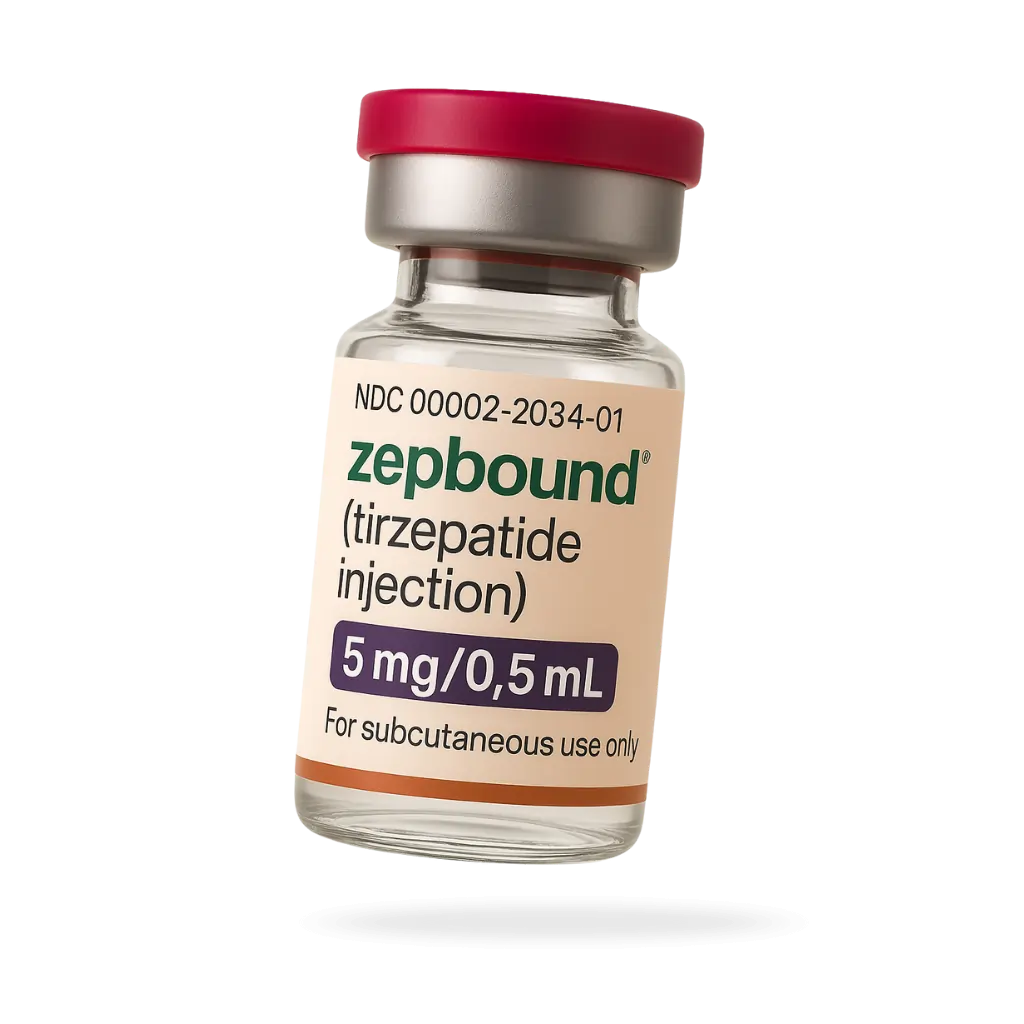Weight loss and a healthy lifestyle are about more than just reducing your overall body weight. It’s about striking the right balance between lean muscle mass and body fat – and this becomes even more vital for patients taking GLP-1 (Glucagon-Like Peptide-1) medications.
The Role of GLP-1 Medications in Weight Loss and Body Composition
GLP-1 medications, used to manage conditions like type 2 diabetes and obesity, can undoubtedly help in weight reduction. However, insights from a conversation with world-renowned longevity expert, Peter Attia, reveal that these ‘miracle drugs’ may not be as miraculous when it comes to body composition source: Peter Attia MD.
The Importance of Lean Muscle Mass
As highlighted by Attia, weight loss may not always be healthy, particularly if it involves shedding lean mass, which includes muscle and bone. Losing lean mass can lead to reduced lifespan and poorer health trajectories. Ideally, obesity treatments should focus on significantly reducing fat mass while minimizing the loss of lean mass. Patients looking to get GLP-1 medications online should discuss these potential effects with their healthcare providers to ensure they maintain muscle health during treatment.
Clinical Insights
Clinical trials have shown the positive effects of GLP-1 agonists, such as semaglutide, on body weight and BMI. But data on their impact on body composition is less conclusive. A few trials that included body composition measurements suggested that lean mass accounted for a concerning 39-40% of total weight loss.
Managing Muscle Loss
However, it’s important to understand that in cases of overweight or obese patients, a certain loss of lean mass might be an acceptable trade-off for dramatic weight loss, as long as overall body composition is improving. Still, for individuals without obesity who are using GLP-1 agonists as a weight loss drug, the potential risks associated with reduced lean mass could outweigh the benefits of fat loss.
Special Considerations for Sarcopenic Obesity
Particular caution needs to be exercised in cases of sarcopenic obesity (characterized by excess fat mass and low levels of skeletal muscle), especially common in older populations. Further reductions in lean mass could pose a greater threat to health and longevity than the presence of excess fat.
Strategies to Mitigate Muscle Loss
To manage this delicate balance, increasing weight-bearing exercise and strength training can help counteract losses in muscle and bone mass while using these medications. Furthermore, a careful diet with sufficient protein intake can be key to mitigating lean mass loss, despite overall reductions in appetite and calorie intake brought on by GLP-1 agonists.
Conclusion
Remember, while GLP-1 medications might seem like a ‘miracle’ solution for weight loss, it’s vital to consider their potential downsides. Physicians and patients need to exercise caution and discretion to determine if they’re truly the right choice for weight management.
About Zappy Health
At Zappy Health, we prioritize comprehensive wellness and personalized care. Our team of experts is dedicated to helping you achieve a balanced and healthy lifestyle. We offer tailored programs to support weight loss and overall health, including guidance on managing GLP-1 medications effectively. Join us to explore our holistic approach to health and well-being.
For more detailed information, visit our FAQ on the Role of GLP-1 Medications and Cardiovascular Benefits of GLP-1.
#ZappyHealth #GLP1Medications #LeanMuscleMass #BodyComposition #WeightLoss #HealthyLifestyle #Sarcopenia #MetabolicHealth #Exercise #ProteinIntake










